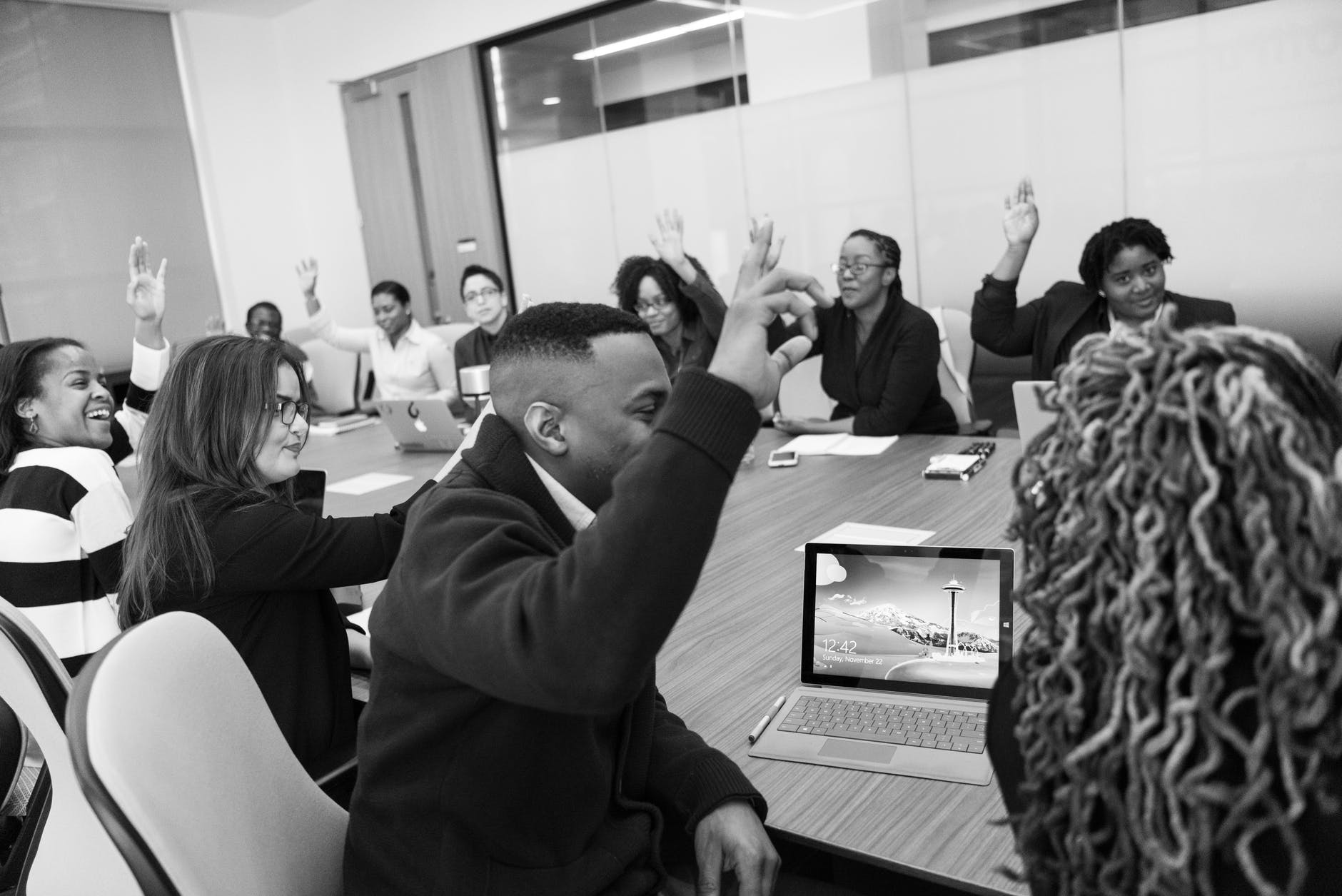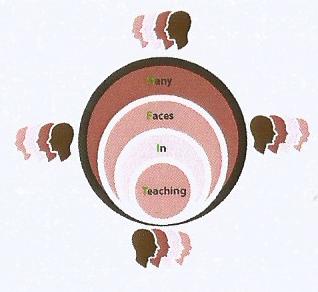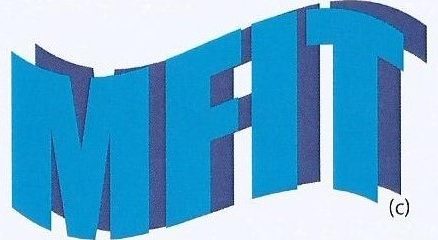MFIT WORKSHOPS TO FACILITATE DECOLONIZING THE CURRICULUM
PROGRAMME PROVIDERS: Dr Marie Charles, Professor Bill Boyle

WORKSHOP A:UNDERSTANDING FORMATIVE TEACHING AS AN INTEGRAL ELEMENT OF THE LEARNING PROCESS.
Focus of the workshop is on establishing and understanding a shared definition of ‘teaching’ through interrogating the difference between ‘transmission’ and ‘transaction’. Understanding the relationship of teaching and learning; investigating through practical work an understanding that the role of the teacher is to identify and support learning strengths and misconceptions and to do that s/he has to facilitate opportunities for all the pupils in the group to demonstrate their understandings. Sharing understandings of the integral relationships between teaching and learning. e5xploring the term ‘assessment’ as a continuous iterative process taking place day by day and enabling the teacher and pupil to adjust their respective actions by planning for and in teaching/learning situations.

WORKSHOP B: CONSTRUCTING A PRACTICAL AND MEANINGFUL DEFINITION OF FORMATIVE ‘ASSESSMENT’ WHICH CLARIFIES ITS RELEATIONSHIP TO TEACHING AND LEARNING
If the main role of the teacher is to make learning more effective for each learner, how can the teacher do this? What indicators does the teacher look for to ascertain if a child is learning? Investigating the specifics of how the teacher can support a child to learn more effectively. What does ‘learner involvement’ look like? What does ‘learner involvement’ sound like? How do you plan for learner involvement? [classroom organisation/management; group organisation, importance of emotional, physical, intellectual, social issues]?

WORKSHOP C: UNDERSTANDING HOW TEACHERS USING FORMATIVE METHODS ADDRESS THE RANGE AND COMPLEXITY OF STUDENT LEARNING NEEDS
The workshop focuses on exploring lesson content. Activities will include different approaches to new concepts, provide options for independent classroom work and encourage students who have grasped a new concept to encourage, collaborate and support their peers. Investigate the range of approaches to ‘assess’ student understanding of taught content and concepts. What evidences that learning has taken place in a teaching session? How can you evidence learning progression to a range of stakeholders [parents, children, teachers, external officers]?

WORKSHOP D: ‘FORMATIVE METHODS ARE NOT TESTS BUT PROCESSESS THAT PRODUCE A QUALITATIVE INSIGHT INTO THE LEARNER’S UNDERSTANDING.’
What are the practical implications of that statement? The workshop will focus on the principles of formative methodologies i.e. that it is attention to learner detail that will cause the teacher to adjust his/her original teaching plan for a session, lesson or programme of work.

